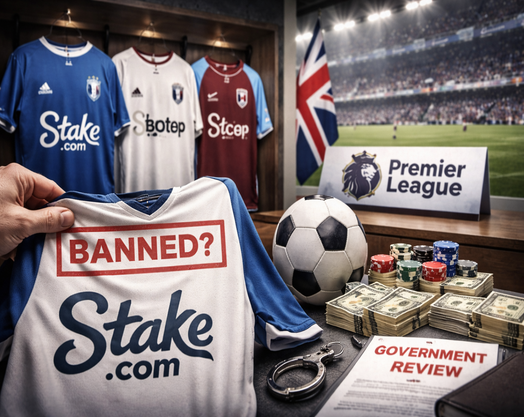Divisions and Confusion
The long-standing rivalry between tribal casinos and California cardrooms is entering a new phase, as proposed regulatory changes threaten to upend the structure of legal blackjack in the state. New rules put forward by Attorney General Rob Bonta and the Bureau of Gambling Control (BGC) would redefine how cardrooms operate, with major implications for local economies and the legal boundaries of gaming.
Beginning in 2023, the BGC launched an initiative to revise regulations surrounding cardroom operations, specifically focusing on the structure of blackjack games and the use of third-party proposition player services (TPPPS). Two rounds of proposed changes have been released — the most recent on April 11 — and the public comment period closed on May 30.
Public hearings held last week revealed overwhelming opposition from cardroom supporters, who argue the proposed rules could dismantle a key segment of their industry. If adopted, the rules would effectively eliminate blackjack in its current form and impose tighter restrictions on the player-dealer system that enables non-tribal cardrooms to offer casino-style games.
According to the state’s own impact assessment from August 2024, the new rules could result in hundreds of millions of dollars in lost revenue and threaten thousands of jobs across dozens of cities that depend on cardroom-generated tax income.
What's Changing in the Game
Changes to player-dealer protocols are equally significant. The new rules require player-dealer positions to be visibly offered to all players before every hand, rotated among at least two players every 40 minutes, and clearly marked with posted signage. TPPPS representatives would be limited to one per table and restricted from wagering unless actively serving as player-dealer.
These provisions closely mirror tribal criticisms of how cardrooms use TPPPS, a system tribes argue sidesteps California’s constitutional protections for tribal gaming exclusivity. Running concurrently with the regulatory process is a high-profile lawsuit filed by a coalition of California tribes in January 2025. Enabled by Senate Bill 549, which created a one-time legal pathway for tribes to sue over gaming exclusivity, the lawsuit targets the legality of cardroom operations and their use of TPPPS.
The case is being heard in Sacramento County Superior Court, with the next hearing scheduled for August 8. While the regulatory changes and the lawsuit are technically independent efforts, both stem from the same central issue: whether cardrooms are infringing on tribes’ exclusive rights to operate house-banked games under federal and state law.
Tribes argue that the cardroom model — facilitated by what they see as overly permissive regulation — allows games that mimic casino-style play, violating the spirit of California’s gaming compacts. Cardrooms, meanwhile, insist their operations are legal and closely monitored by the state.
A Broader Power Shift
The stakes extend beyond legal interpretation. California is the largest tribal gaming market in the U.S., with tribal casinos generating over $12 billion in gross gaming revenue in fiscal year 2023, according to the National Indian Gaming Commission. Tribes have solidified their political influence in recent years, defeating major commercial efforts to legalize sports betting and advancing legislation like SB 549.
Cardrooms, however, still hold local sway. Many cities depend heavily on their tax contributions, with some — like Hawaiian Gardens — deriving more than 60% of their general fund from cardroom revenue. Hawaiian Gardens Mayor Dandy de Paula warned that the proposed rules could cripple essential city services like fire and police.
Even so, recent political outcomes suggest diminishing influence. After SB 549 passed, cardrooms spent $3 million targeting four lawmakers who supported the bill. Three lost their races, highlighting the volatility and high stakes of California’s gaming politics.
We rely on our cardroom not only to provide high-quality jobs but for the tax revenue generated that makes up over 60% of our city’s general fund.
Looking Ahead
As the legal and regulatory battles intensify, California’s gambling landscape appears headed for a significant transformation. Whether through the courtroom or rulemaking, the state must soon reckon with two incompatible visions of lawful gaming: one rooted in tribal exclusivity and another in regulatory workaround.
While the BGC continues its rulemaking process, and the courts prepare for a protracted legal fight, cardrooms are left in limbo. Industry leaders argue the proposed changes threaten the very viability of their operations. Tribal representatives maintain they are merely defending what California voters granted them decades ago — exclusive rights to house-banked casino games.
The final outcome could reshape the economic and legal foundations of gambling in the nation’s largest state — and redefine the line between legal competition and unlawful imitation.






